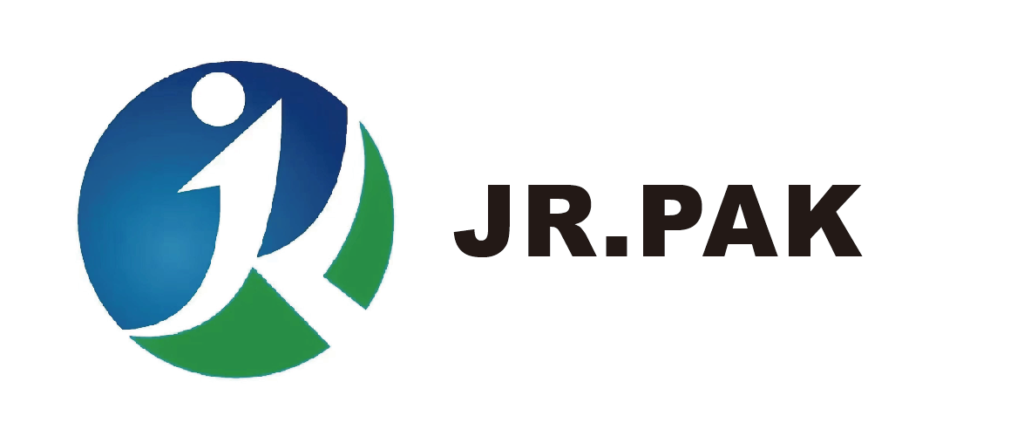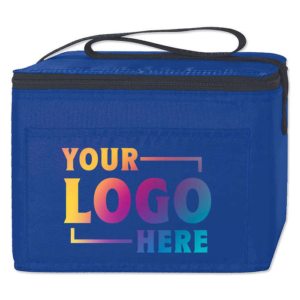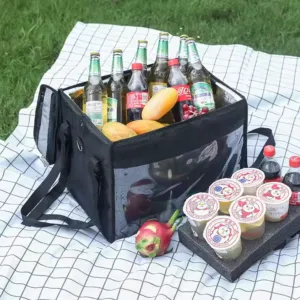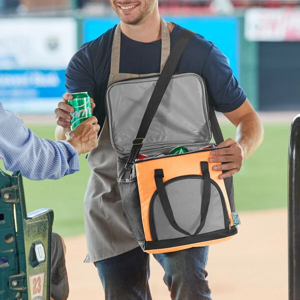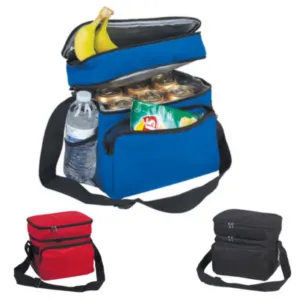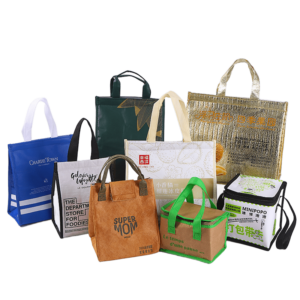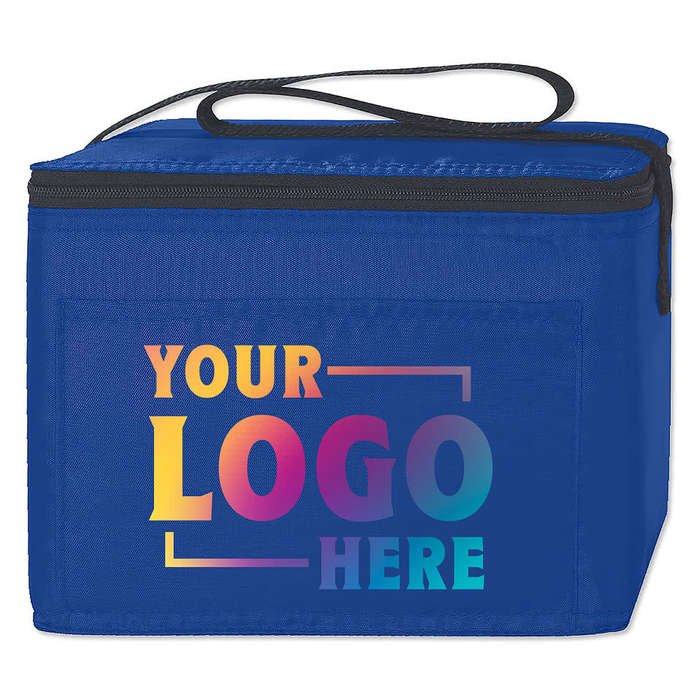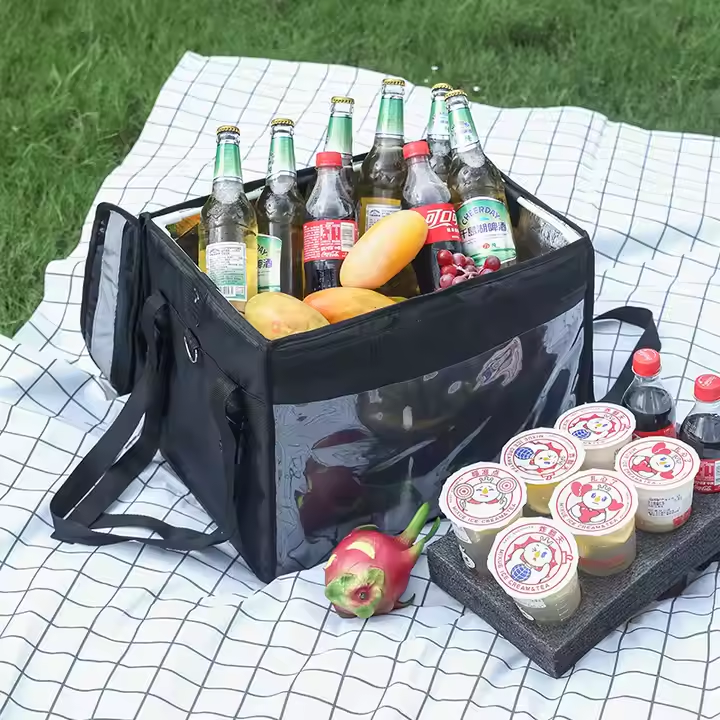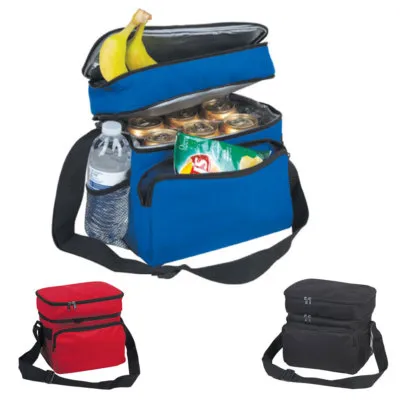Future-proofing retail packaging means staying ahead of consumer expectations, environmental mandates, and tech evolution. These five strategies reflect 2025’s most critical shifts in retail packaging.
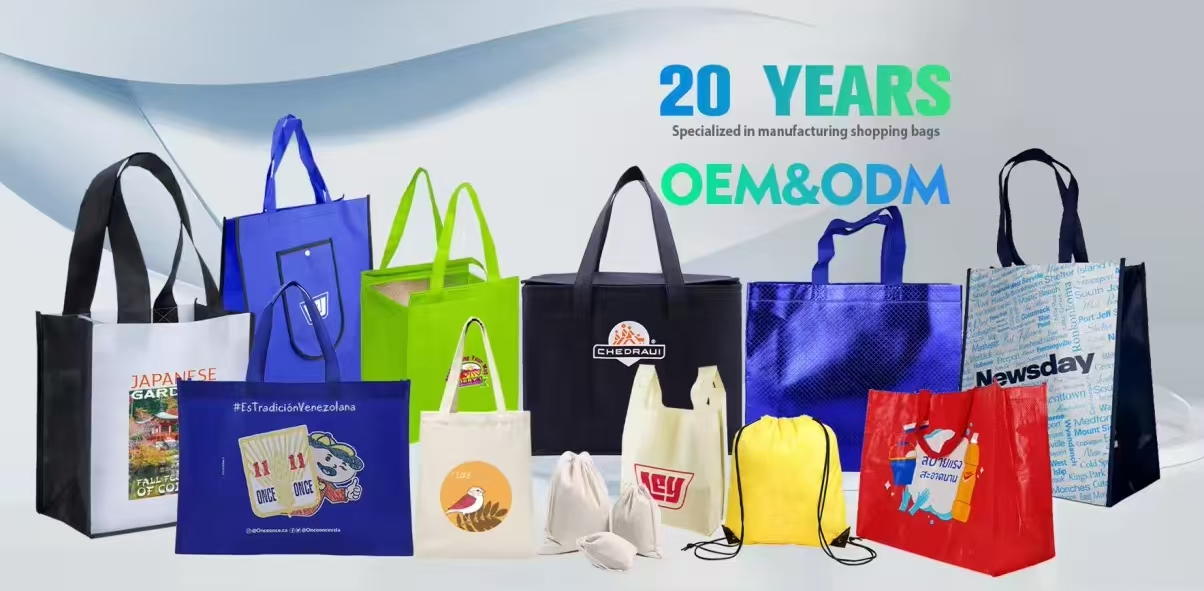
Retail packaging in 2025 must combine sustainability, technology, experience, and adaptability to meet evolving demands and regulations.
Keep reading to discover how to make your packaging future-ready.
1. Embrace Sustainability[^1] as a Core Principle
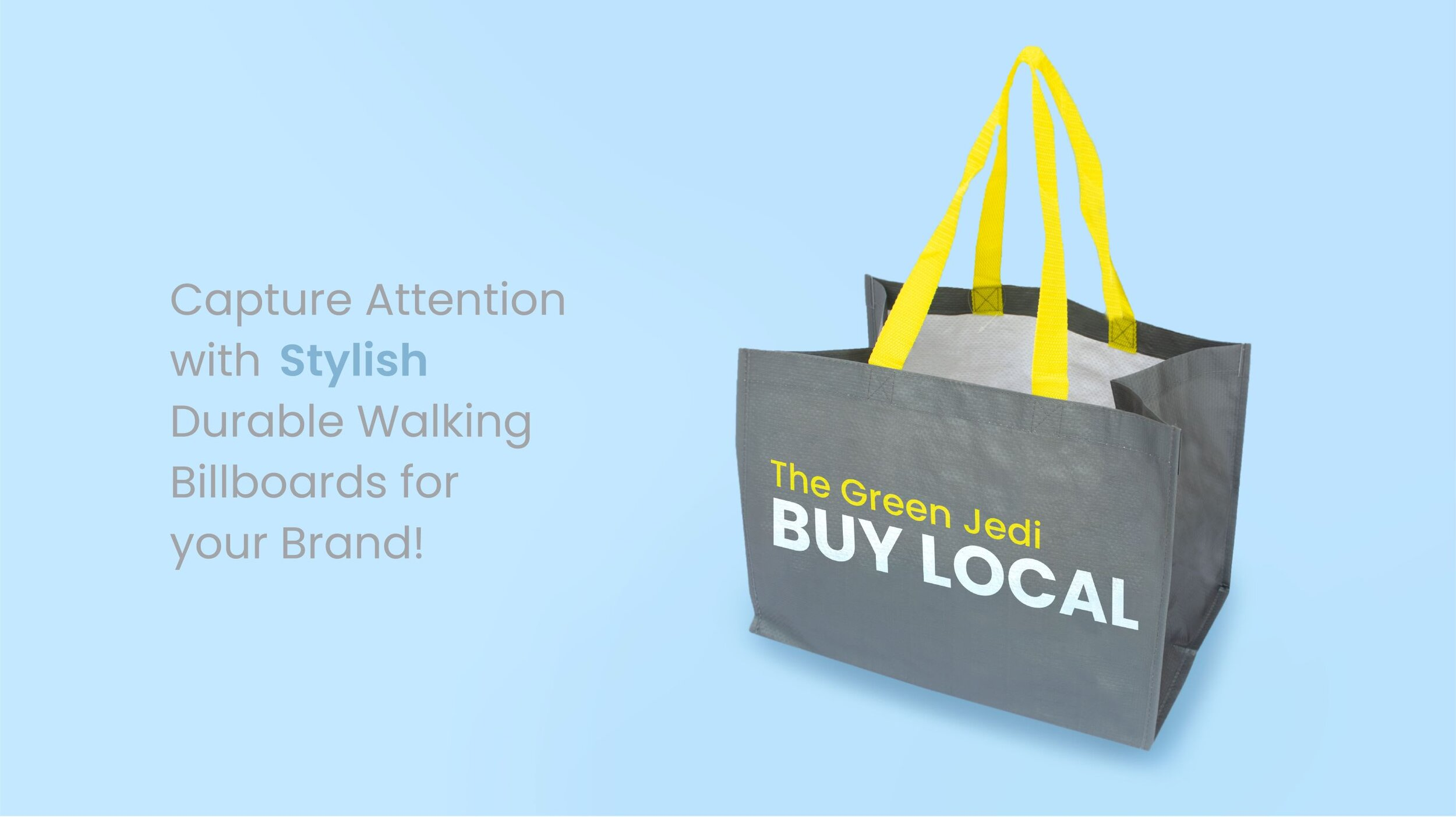
Sustainability is no longer optional. It is the core of responsible and future-proof packaging.
Move Beyond Greenwashing
Brands now face stricter sustainability laws. Customers want more than claims—they want proof. Materials must be recyclable, compostable, or biodegradable. Minimalist designs use fewer resources and send a clear eco-message.
Materials to Consider
| Material Type | Description | Environmental Benefit |
|---|---|---|
| Biodegradable polymers | Break down naturally in the environment | Reduce plastic waste |
| Recycled paperboard | Made from post-consumer waste | Lower carbon footprint |
| Compostable laminates | Decompose in composting facilities | No microplastic pollution |
| Mono-material substrates | Easy to recycle without separation | Higher recycling rates |
Align Packaging with Brand Purpose
Use packaging to reflect values. Print sustainability icons. Add QR codes linking to your environmental story. Design for reusability or repurposing.
Think About:
Is your packaging meeting new regulations in major markets? Can your materials be easily separated and recycled? Do your customers recognize your sustainability efforts? Communicate your commitments clearly.
2. Leverage Technology and Smart Packaging
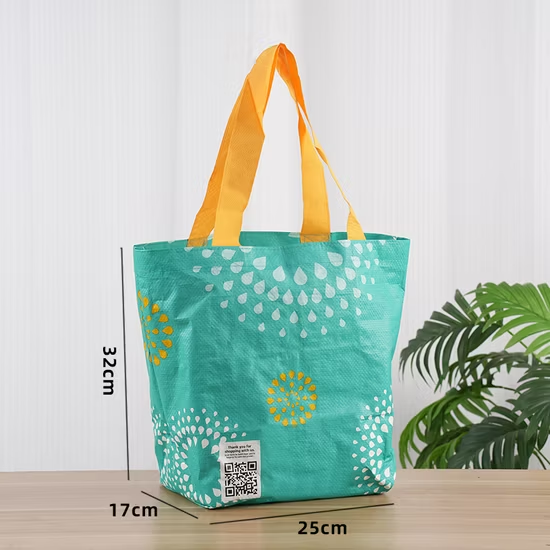
Smart packaging[^2] adds value, improves traceability, and supports supply chain agility.
Tools to Use
- QR codes for digital engagement and product info
- RFID tags for inventory tracking
- Interactive labels for augmented reality experiences
- Digital printing for short runs and on-demand changes
Benefits of Smart Packaging
| Technology | Use Case | Benefit |
|---|---|---|
| QR Codes | Product traceability and promotions | Boosts transparency and engagement |
| RFID | Warehouse inventory control | Reduces losses and improves tracking |
| Digital Print | Seasonal and event-specific packaging | Speeds up production cycles |
Think About:
Can you link your packaging to your website, customer reviews, or AR content? Can your inventory system handle real-time data from smart labels? Test features that customers can use with smartphones.
3. Design for Consumer Experience and Engagement
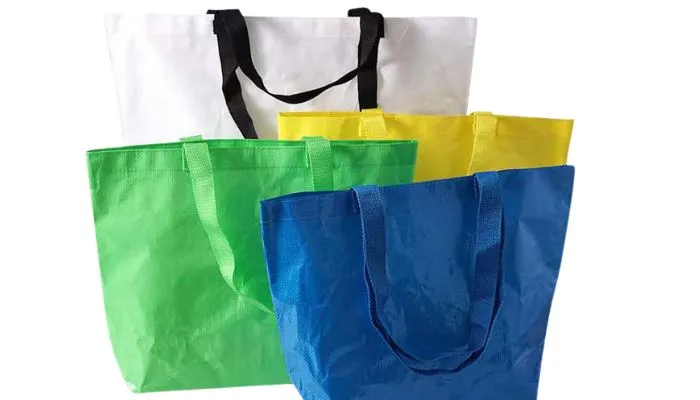
Great packaging is not just a container—it tells a story and creates emotions.
Make Unboxing Memorable
Use personalized messaging, unique graphics, or embedded digital content. Let customers scan codes for loyalty offers, user guides, or product origin stories.
Add Emotional Appeal
Highlight craftsmanship or sustainability. Use tactile textures or premium finishes to connect on a sensory level. Design with social media sharing in mind.
Immersive Packaging Tactics
| Feature | Consumer Benefit | Strategic Goal |
|---|---|---|
| Augmented Reality | Adds entertainment and education | Differentiates brand experience |
| Personal Messages | Builds customer relationships | Drives repeat purchases |
| Storytelling Design | Shares company values | Boosts emotional branding |
Think About:
Is your packaging more than a wrapper? Does it help customers remember your brand? Can it generate word-of-mouth? Improve the product journey, not just the product.
4. Adopt Flexible and Frustration-Free Packaging Formats
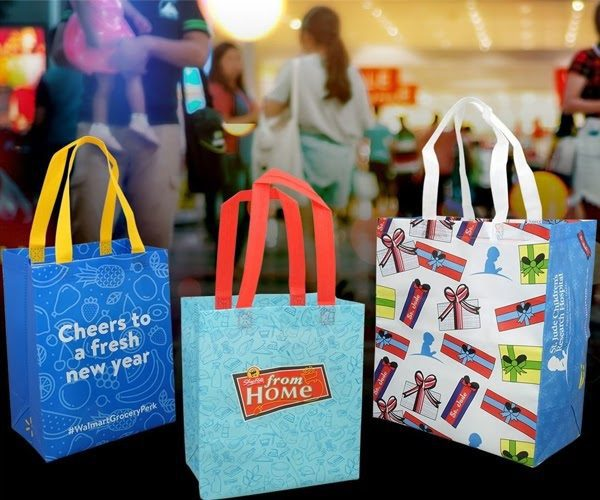
Flexibility improves shipping, storage, and user satisfaction.
What to Change
Use resealable, easy-open formats. Lightweight bags reduce freight costs. Collapsible containers save space. These are especially useful in e-commerce.
Why It Works
Customers dislike waste and hard-to-open packs. Brands reduce return rates, packaging waste, and shipping damage.
Key Formats and Features
| Format Type | Function | Benefit |
|---|---|---|
| Resealable pouches | Keeps items fresh after opening | Adds convenience and reduces waste |
| Flat-pack containers | Easy to store and assemble | Saves shipping space and labor |
| Peel-and-seal designs | Quick open and secure closure | Improves user experience |
Think About:
Are your packages easy to open, handle, and store? Do they match your product's usage habits? Test packaging with real users to identify points of friction.
5. Plan Long-Term with Future-Ready Materials and Partnerships
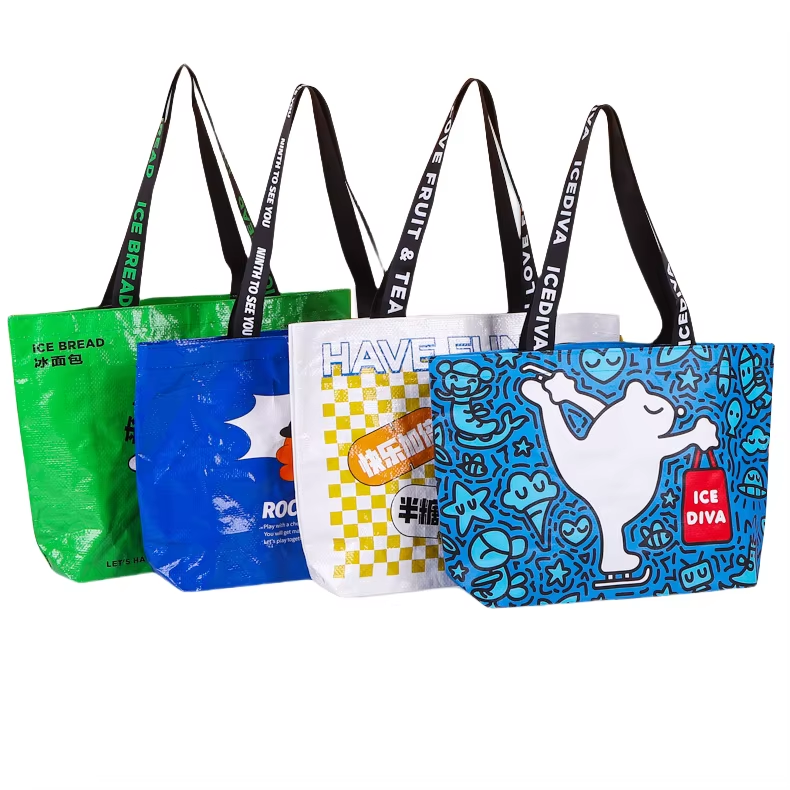
Working with forward-thinking suppliers ensures future success.
Future-Ready Materials
Adopt packaging that supports a circular economy. Choose adhesives that don’t affect recyclability. Avoid mixed-material packs that complicate disposal.
Strong Supplier Relationships
Select partners who are investing in innovation. Join pilot programs for emerging materials. Build in flexibility for rapid regulatory changes.
Key Supplier Evaluation Points
| Criteria | Why It Matters |
|---|---|
| Innovation readiness | Keeps packaging relevant in future |
| Regulatory knowledge | Reduces compliance risks |
| Circular materials use | Matches global sustainability goals |
Think About:
Are your suppliers proactive about 2030 goals? Are they testing new substrates or eco-friendly coatings? Stay ahead by aligning your procurement with future packaging science.
Conclusion
To stay competitive beyond 2025, retailers must future-proof their packaging with sustainability, technology, experience-driven design, flexibility, and the right supply chain partnerships.
In my own experience, switching to QR-enhanced packaging with certified compostable laminates improved engagement and reduced returns.
What packaging innovation do you think will matter most for your business? Join the conversation below.
---
[^1]: Explore how sustainability is reshaping retail packaging and learn best practices for implementation.
[^2]: Explore the innovative features of smart packaging and how it can improve customer engagement.